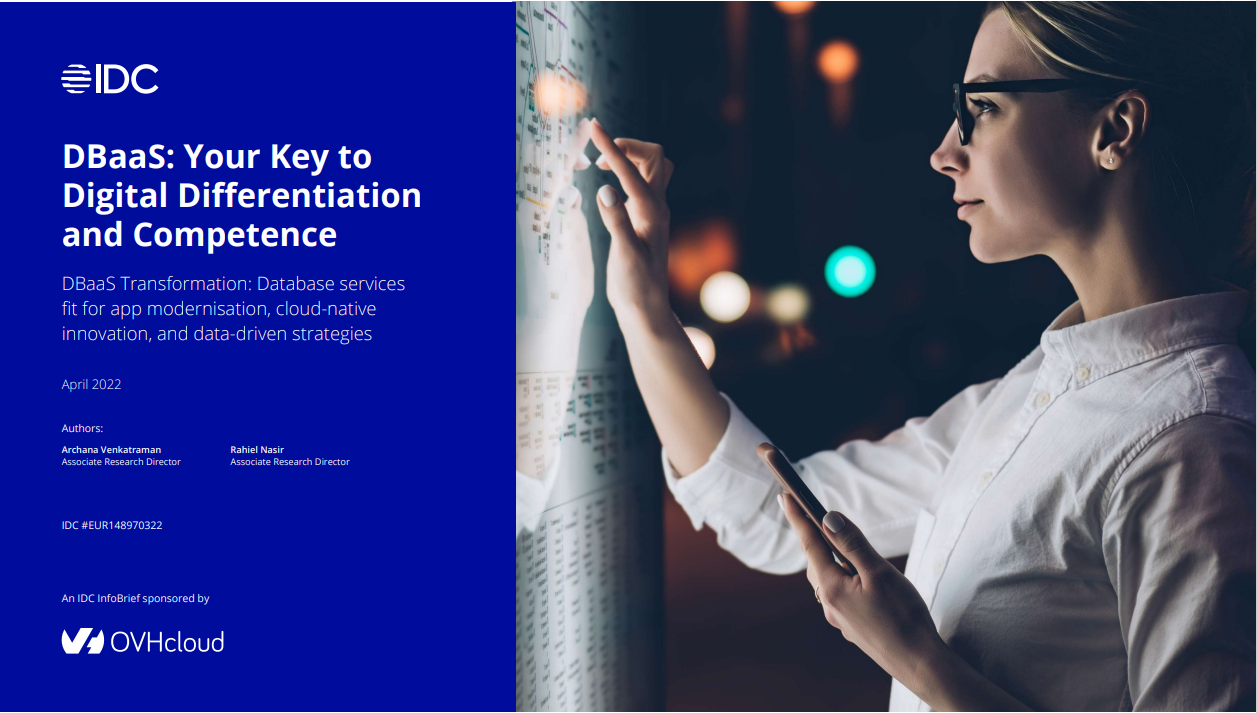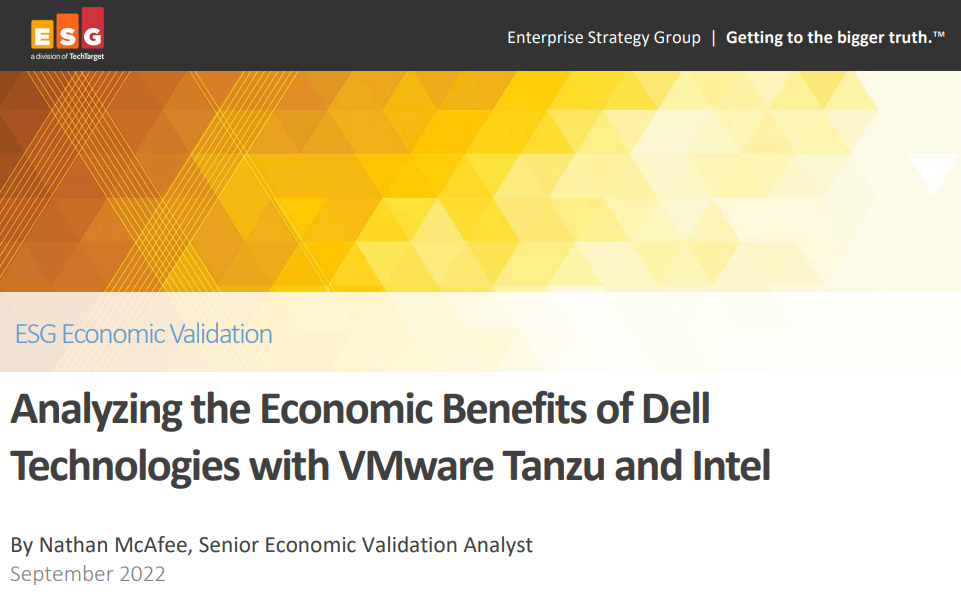Most IT buyers experience high levels of regret
Gartner research shows 56% of organisations feel buyer's remorse over the latest tech purchases


The majority of IT hardware purchases come with a high degree of regret, with 56% of organisations stating they experienced buyer's remorse over their largest purchases over the last two years.
Gartner questioned 1,120 respondents at manager level or higher across the US, Western Europe and Asia-Pacific to understand how businesses approach large scale purchasing of enterprise technology, between November and December last year.
Announcing the findings, Gartner VP analyst Hank Barnes said the high degree of regret is at its peak for tech buyers who haven't yet started implementation, indicating “significant frustration with the buying experience".
“In the past, it was relatively easy for product leaders to predict who buyers were, but no longer,” he said. “Buying team dynamics are changing and customers can find buying to be a real challenge.”
Speaking at Gartner’s Tech Growth and Innovation Conference 2022, Barnes said organisations indicating high regret also took on average seven to ten months longer to complete their purchase.
“Slow purchase decisions can lead to frustrated teams, wasted time and resources and even, potentially, slower growth for the company,” he elaborated.
Muddying the waters further, it was also revealed that 67% of those making the tech-purchasing decisions are not from IT departments. The result is “chasm”, Gartner said, dividing organisations that are confident adopters and buyers of technology from the vast majority that are not.
ChannelPro Newsletter
Stay up to date with the latest Channel industry news and analysis with our twice-weekly newsletter
A new approach to buying IT
To tackle this widening gap, high-tech providers will need to adapt their approaches to identifying and engaging customers to improve their chances of generating good business.
With that in mind, Barnes said its necessary to think beyond the motivations for buying to consider how these decisions are being approached. To help with this process, Gartner has developed a psychographic model it calls Enterprise Technology Adoption Profiles (ETAs) that has identified seven specific customer behaviour categories.
“Using ETAs is one element that can help high tech providers move from a product/market fit strategy towards a product/customer fit strategy,” Barnes added.
High tech providers are also urged to create their own model to help identify what Gartner calls “best fit” situations and “should avoid” situations. These “best fit” scenarios should be based on an ideal customer profile, focusing on characteristics of organisations, rather than the individuals.
That can include a range of factors that include technology, business situation, available resources, and psychographic ETAs.
“There will be a big grey area in between that you have to be thoughtful in evaluating whether to commit to pursuing the opportunity,” Barnes explained. “This is all about improving your odds and allocating resources and investments effectively.”
Key focuses to shape your strategy
RELATED RESOURCE

Your key to digital differentiation and competence
Database services fit for app modernisation, cloud-native innovation, and data-driven strategies
To help shape their strategies going forward, Gartner outlined three priorities for high tech providers. The first is to focus the bulk of investments towards supporting the aforementioned “best fit” situations with tailored offerings and activity.
The second, is to train customer-facing teams on how to recognise customer characteristics that will indicate a “best fit”.
Thirdly, organisations should train these customer-facing teams on how to be flexible and adjust their approach with customers that may fall between the two camps of “best fit” and “should avoid”.
Dan is a freelance writer and regular contributor to ChannelPro, covering the latest news stories across the IT, technology, and channel landscapes. Topics regularly cover cloud technologies, cyber security, software and operating system guides, and the latest mergers and acquisitions.
A journalism graduate from Leeds Beckett University, he combines a passion for the written word with a keen interest in the latest technology and its influence in an increasingly connected world.
He started writing for ChannelPro back in 2016, focusing on a mixture of news and technology guides, before becoming a regular contributor to ITPro. Elsewhere, he has previously written news and features across a range of other topics, including sport, music, and general news.
-
 The Race Is On for Higher Ed to Adapt: Equity in Hyflex Learning
The Race Is On for Higher Ed to Adapt: Equity in Hyflex LearningBy ITPro
-
 Google faces 'first of its kind' class action for search ads overcharging in UK
Google faces 'first of its kind' class action for search ads overcharging in UKNews Google faces a "first of its kind" £5 billion lawsuit in the UK over accusations it has a monopoly in digital advertising that allows it to overcharge customers.
By Nicole Kobie
-
 Better together
Better togetherWhitepaper Achieve more with Windows 11 and Surface
By ITPro
-
 Transforming the enterprise
Transforming the enterpriseWhitepaper With Intel and CDW
By ITPro
-
 The top trends in money remittance
The top trends in money remittanceWhitepaper Tackling the key issues shaping the money remittance industry
By ITPro
-
 How Kantar revamped its IT infrastructure after being sold off
How Kantar revamped its IT infrastructure after being sold offCase Study Being acquired by a private equity firm meant Kantar couldn’t rely on its parent company’s infrastructure, and was forced to confront its technical shortcomings
By Rene Millman
-
 Deutsche Bank wraps up Postbank IT integration after bug-laden migrations
Deutsche Bank wraps up Postbank IT integration after bug-laden migrationsNews The IT merger is expected to generate annual savings of €300 million by 2025
By Daniel Todd
-
 Analyzing the economic benefits of Dell Technologies with VMware Tanzu & Intel
Analyzing the economic benefits of Dell Technologies with VMware Tanzu & IntelWhitepaper ESG economic validation
By ITPro
-
 Defra needs £726 million to modernize pervasive legacy IT issues
Defra needs £726 million to modernize pervasive legacy IT issuesNews A significant portion of IT systems are reportedly still in extended support or are fully unsupported
By Ross Kelly
-
 Former TSB CIO fined £81,000 for botched IT migration
Former TSB CIO fined £81,000 for botched IT migrationNews It’s the first penalty imposed on an individual involved in the infamous migration project
By Ross Kelly